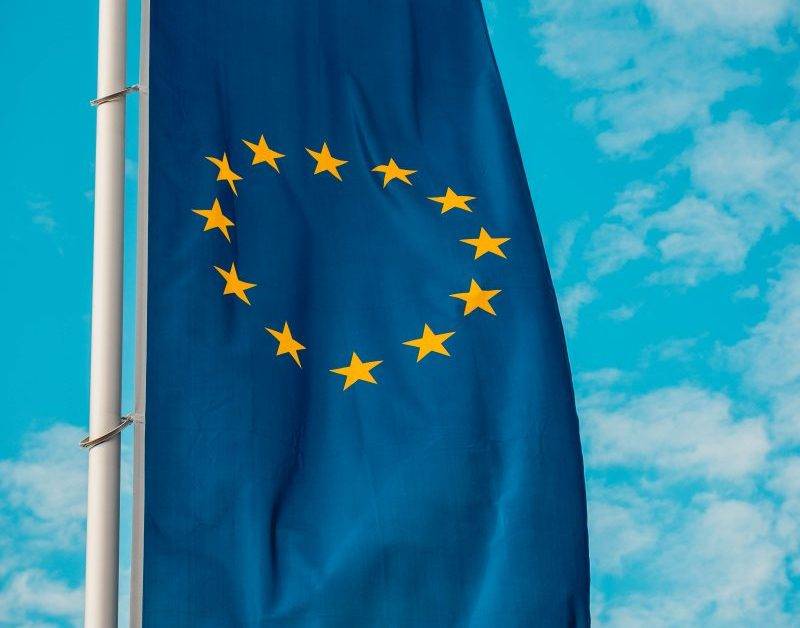The European Union

The European Union, then known as the European Economic Community, was set up in 1958. The six member countries (West Germany, France, Italy, Belgium, the Netherlands and Luxembourg) committed themselves, in the Treaty of Rome, to establishing a Common Market. By the late 1990s the EU consisted of 15 countries. They included the original six plus countries such as the UK, Spain, Eire, Greece and Sweden. At that time other countries such as Slovenia, Hungary and Bulgaria were hoping to join in the future.
Four basic types of economic integration
1. Free trade area (FTA): Tariffs are abolished among FTA members (there are no internal tariffs) but each member retains its own external tariff against non FTA countries, eg. NAFTA, EFTA,
2. Customs union (CU): Members set a common policy for trade and tariff with non-members. The EEC was a customs union.
3. Common Market: Abolition of restriction on mobility of production factors such as labour and capital.
4. Complete economic integration: Fiscal and monetary policies are unified to create even greater economic harmonisation. This level implies a degree of political integration. This is the direction in which the EU is moving.
There are some advantages to businesses operating in countries belonging to a customs union or common market.
Firms operating within customs unions have free access to markets which would otherwise be protected by tariffs or quotas. In this way British firms, for example, have access to all other EU markets. For many firms this provides them with the opportunity to operate in EU markets in much the same way that they would at home.
Firms will have access to the most appropriate factors of production. A British firm might purchase cheap land in Southern Portugal for a new factory location, skilled designers from Italy or capital equipment from France.
Customs unions provide firms with large markets to sell to. The bigger the market a firm is selling to, the greater the economies of scale it is able to benefit from. The EU provides firms with access to 360 million consumers.
Businesses operating within a common market will be protected from competition from outside this area by an external business. Such protection allows businesses to be sheltered from the potentially damaging effects of competition such as price wars.
Increased competition from European firms may act as an incentive for British firms to increase efficiency and standards.
There are, however, disadvantages for businesses operating within a customs union or common market.
Before Britain joined the EU, British firms could buy goods and services from the lowest cost producers around the world. Foodstuffs were imported in huge quantities from New Zealand and the USA in this way. Since joining the EU, however, British firms have had to pay far more for foodstuffs from New Zealand and Australia because of the common external tariff.
Whilst a British based firm will have free access to other EU markets, businesses based in these markets will also have access to the UK market. Such competition may reduce the market share which domestic businesses have established.
Protection from external tariffs is not always beneficial to firms operating from within a common market. This is because being sheltered from external competition may result in less incentive for a firm to become more efficient. In the long run, this may lead to a deterioration in the firm’s performance.
Firms may have to adapt their marketing strategies to suit the needs of consumers in each country within the customs union. For example, surveys have found that of the thousands of products commonly sold in European supermarkets, only a small proportion are widely on sale in identical format in at least the four largest countries.
The four freedoms
Free movement of goods, services and capital: The first step in the creation of the internal market was to eliminate all the customs duties levied on imports and exports between the member states. In the EU goods, services move freely and at the same time common customs rules and rates are applied in relation to products and services coming from outside the area. Member states also succeeded in freeing all capital movements.
Lapozz a további részletekért
